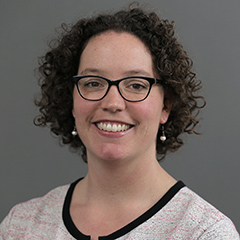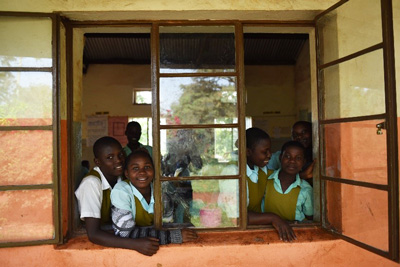Clair Null has experience conducting large-scale randomized evaluations of programs to improve child health in developing countries, with an emphasis on household decision making related to investments in water, sanitation, hygiene, and nutrition.
Null currently serves as deputy project director for the evaluation of the Millennium Challenge Corporation’s Nutrition program in Indonesia. Before joining Mathematica in 2014, she was an assistant professor of global health at Emory University’s Rollins School of Public Health, where she taught graduate courses on public health economics and monitoring and evaluation. She is the co-principal investigator for the WASH Benefits study in Kenya, a cluster-randomized controlled trial of water, sanitation, hygiene, and nutrition interventions delivered alone and in combination during the first two years of life. The study has enrolled more than 8,000 pregnant women in rural western Kenya and will provide objective evidence to policymakers on the impacts of these interventions on child growth and development. Null also served as a co-principal investigator for the SaniPath study, a multidisciplinary risk assessment of exposure to fecal contamination in low-income urban neighborhoods of Accra, Ghana. Following intensive data collection, the SaniPath team produced a toolkit for rapid assessment that governments, civil society, and citizens’ organizations can use to identify key risks resulting from inadequate sanitation infrastructure in densely populated settlements.
Null’s work has appeared in peer-reviewed publications, including Maternal and Child Nutrition; Journal of Public Economics; Journal of Water, Sanitation, and Hygiene for Development; and BMJ Open. She also serves as a reviewer for journals such as World Bank Economic Review and Globalization and Health, among others. Null holds a Ph.D. in agricultural and resource economics from the University of California, Berkeley.


